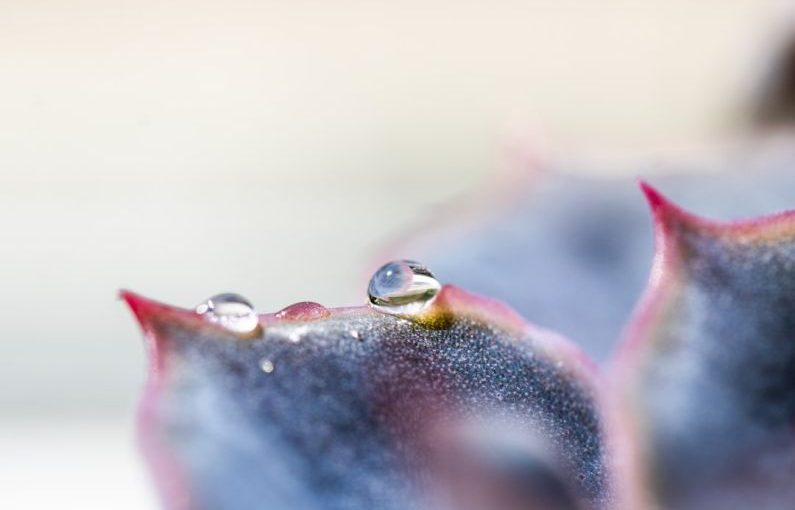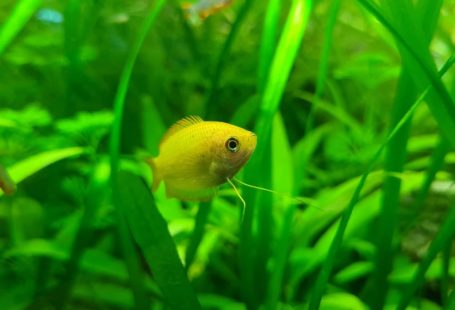As responsible pet owners, we prioritize many aspects of our furry friends’ well-being, from their diet to exercise routines. However, one crucial factor that is often overlooked is hydration. Just like humans, proper hydration is essential for the overall health and vitality of our pets. In this article, we will delve into the importance of hydration for our beloved companions and explore ways to ensure they stay properly hydrated.
The Importance of Hydration for Pets
Water is a vital component of every living organism, and our pets are no exception. Adequate hydration is crucial for maintaining various bodily functions, including digestion, circulation, and temperature regulation. Just like in humans, water helps transport nutrients throughout the body and aids in the removal of waste products. Without sufficient water intake, pets can experience dehydration, which can lead to serious health issues.
Signs of Dehydration in Pets
Recognizing the signs of dehydration in pets is essential for early intervention. Some common symptoms of dehydration in pets include sunken eyes, dry gums, lethargy, and loss of skin elasticity. If you notice any of these signs in your pet, it is crucial to provide them with water immediately and consult a veterinarian if the symptoms persist.
Factors Affecting Hydration Needs
Several factors can influence the hydration needs of pets, including their size, age, activity level, and overall health. For example, active pets or those living in hot climates may require more water to stay adequately hydrated. Additionally, older pets and those with certain medical conditions may also have increased hydration needs. It is essential to consider these factors when determining the appropriate water intake for your pet.
Tips for Ensuring Proper Hydration
1. Always provide access to fresh, clean water: Make sure your pet has access to clean water at all times. Regularly change the water in their bowl to ensure freshness.
2. Monitor water intake: Pay attention to how much water your pet is drinking on a daily basis. If you notice any changes in their drinking habits, it could be a sign of an underlying issue.
3. Incorporate moisture-rich foods: Feeding your pet moist foods, such as canned food or fresh fruits and vegetables, can help increase their overall water intake.
4. Use water fountains: Some pets prefer running water over still water. Consider investing in a pet water fountain to encourage your pet to drink more.
5. Schedule regular water breaks: Just like humans, pets can benefit from scheduled water breaks throughout the day, especially after physical activity.
Hydration and Behavior
It’s essential to understand that hydration can also impact your pet’s behavior. Dehydrated pets may exhibit signs of irritability, fatigue, and decreased activity levels. By ensuring your pet stays properly hydrated, you can help maintain their energy levels and overall mood.
The Bottom Line
Proper hydration is a fundamental aspect of pet care that should not be overlooked. By understanding the importance of hydration, recognizing the signs of dehydration, and implementing strategies to ensure your pet stays properly hydrated, you can help safeguard their health and well-being. Remember, a well-hydrated pet is a happy and healthy pet!





